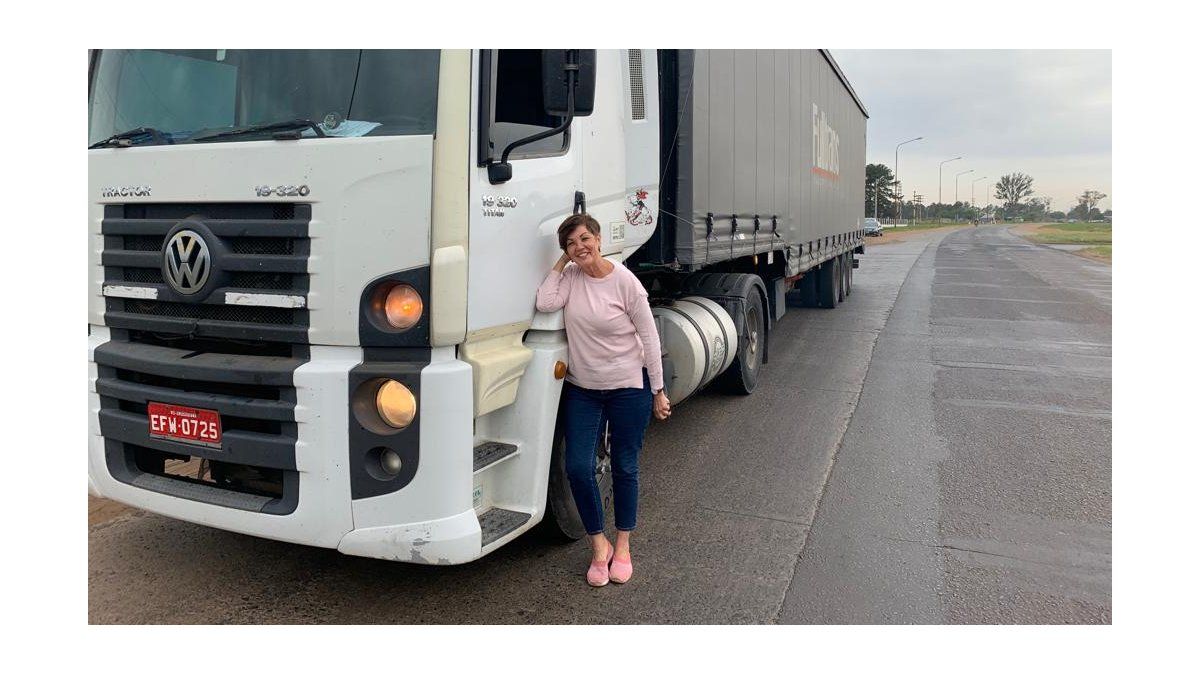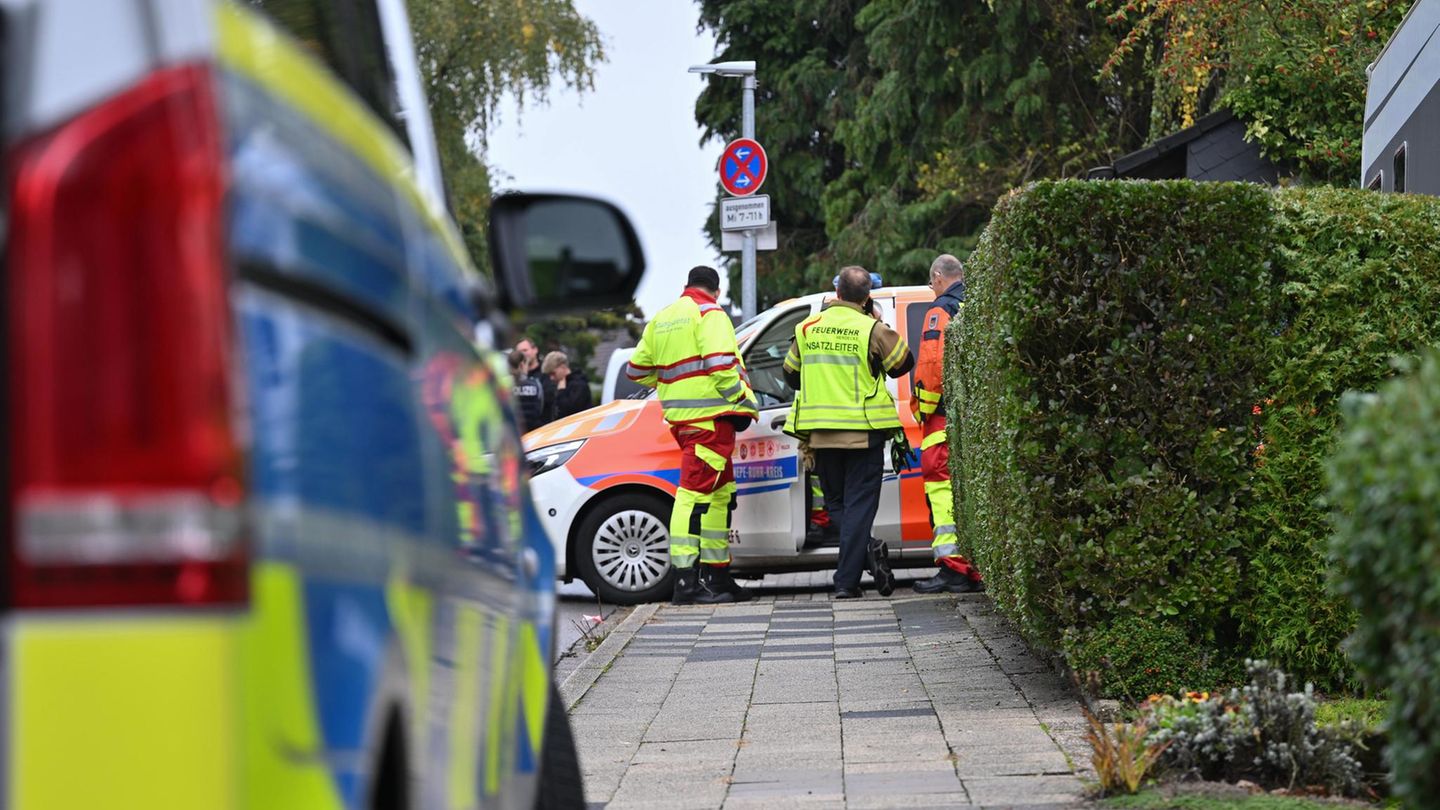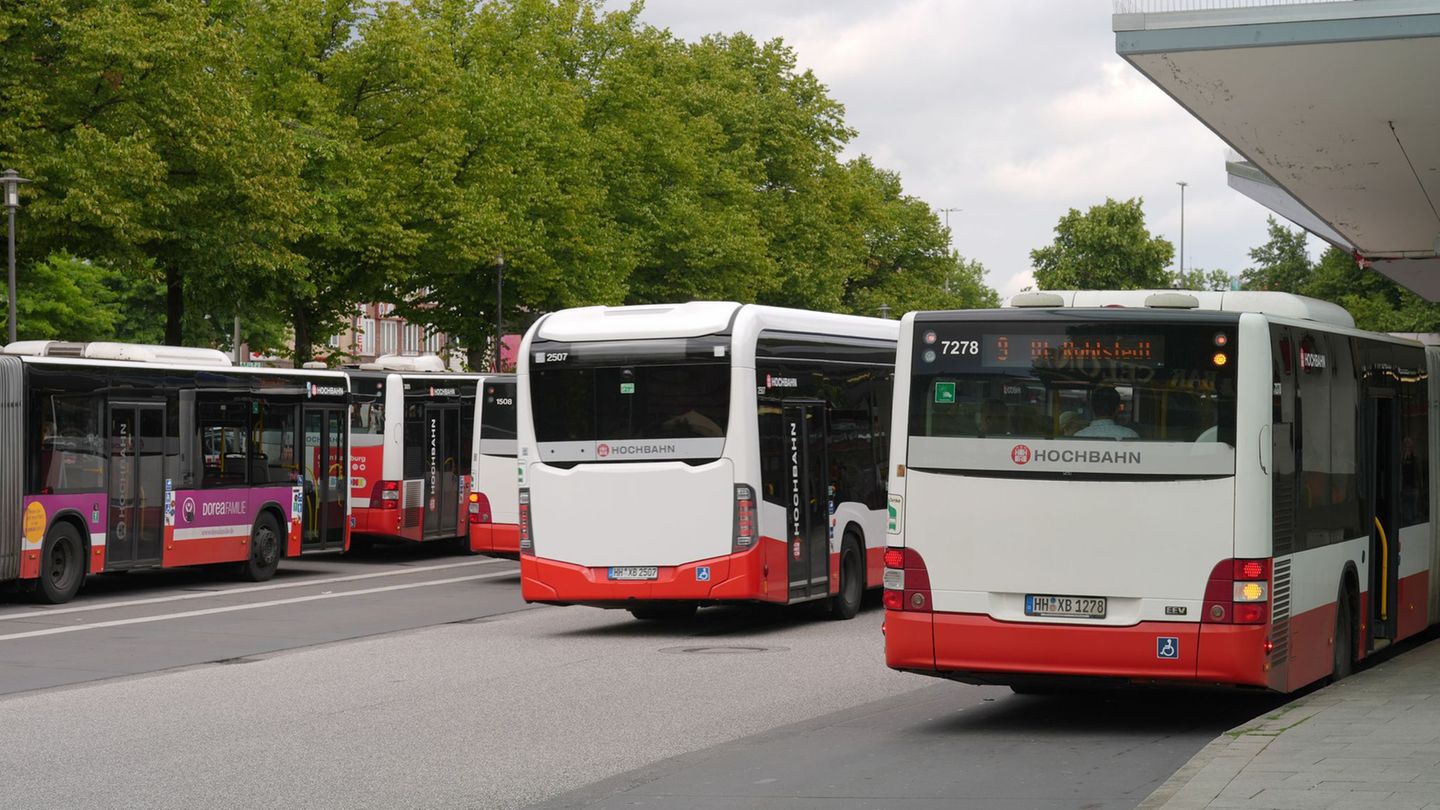Delia Flores He has been a Customs Broker since 1982, the year he opened his first office in Paso de los Libres (Corrientes). He has foreign trade and international land cargo transportation companies in Argentina (Mercury) and Brazil (Fulltrans).
In 2009, he founded GEMA, Civil Association Business Group of Argentine Women and is the author of the book “Opening Paths” to growth of women in business.
Received the Entrepreneur of the Year award at the “She is Global Forum 2021” Barranquilla, Colombia and was distinguished in the National Congress, for her business career and her support for female entrepreneurship, in March 2022.
The businesswoman stated that Freight transport faces numerous problems for the development of the activity. Also, he argued that economic autonomy is the true path to women’s empowerment.
Journalist: Since when has your company faced a lack of fuel?
Delia Flores: Since March we have been suffering from a lack of fuel. But the situation has worsened as time went by. Today it is unsustainable. There is no diesel at service stations. You have to go hunting for who has fuel. Some give about 80 liters per truck. A normal tank is 600 liters and an enlarged one about 1,000. The prices are also very different. Each service station sets its price. And one pays what they ask to be able to comply. An example, this Monday most of the service stations told you that they would only have fuel this Thursday. In addition, when it is obtained, it is paid in cash.
Q.: At what price do you pay for diesel?
DF: It ranges from $119 pesos, which is the official price, to $190.
Q.: How much does the cost of fuel affect your activity?
DF: Fuel represents about 60% of the cost of freight. The labor cost 18 /20%.
Q.: How have costs evolved?
DF: Upwards, hopefully the economy “evolves” like transportation costs!! The increase in freight costs has been greater than inflation.
Q.: By how much did the cost of transportation increase?
DF: Ground transportation costs have increased 30% so far this year. Last year the increases reached 49%, only the tires increased 104%
Q.: What are the reasons why freight transport is so expensive?
DF: For the cost of fuel, tires, spare parts, renewal of units/equipment (increased beyond inflation). The reason is the lack of spare parts and restrictions on imports.
Also, because road infrastructure in poor condition. Another aspect is the lack of ports that “bring” the world closer to production centers, to regional economies. Everything has to go through Buenos Aires, everything is very concentrated in the Port of Buenos Aires.
Likewise, the waterway must be exploited more and the railway network expanded and improved. There are also no highways.
Q.: Why is it said that Argentina has severe logistics problems?
DF: Due to the deficiency in infrastructure, the routes and trains in poor condition and different trails. The rail system is poor. Just now they are fixing tracks in the FFCC Belgrano where it was interrupted. There is a part of the FFCC Belgrano that has been interrupted for years: as a result, in Tucumán the loads that arrive in trucks were concentrated and from there they go by train to Buenos Aires to leave through the Port. To give an example of the logistics used for the export of products that leave from the NOA.
Q.: How much do customs regulations affect logistics, for example, with Brazil?
DF: Currently there is a system of “signs” (a kind of shifts to enter the customs area at the borders on the Brazilian side) that take trucks between 3 and 7 days. They have taken up to 10 days. That is too expensive for a transport. If to this is added the time that the customs process itself takes on the Argentine side, the “transit time” of a trip can take twice or more than the logical transit times.
Q.: How do national, provincial and municipal taxes impact your activity?
DF: Gross Income is a fairly devastating tax, in the Federal Capital it is 3% direct on what is invoiced.
P.: How is the relationship with the truckers’ union?
DF: The biggest problem is the “attack” on companies that are not carriers, but shops, factories, which have their own trucks. The truckers’ union wants the company to put the drivers in its union, when the factory or business actually has its employees in the union that brings together its main activity.
Q.: Is the guild cooperative with the activity? (I mean if they help to have transport companies)
DF: They are interested in having companies, yes. But if you encourage activity, you don’t notice…
P.: How much is the basic salary of a truck driver?
DF: The salary for the month of May in Argentina is $71,000 plus various incentives, such as those corresponding to Saturdays after 1:00 p.m., Sundays, holidays, overnight stays, border crossings. Depending on your category, you pay $3,332 or $1,746 per day for staying away from your habitual residence. For border crossing $2,500 average.
In international transport, a percentage is generally paid on the gross profit of the freight, around 15%.
The companion (actually two drivers) is necessary when the truck has to travel or arrive in record time with no time for rest. Now “the posts” are used more, that is, every certain number of kilometers, they change.
P.: Are there room and board requirements?
DF: Where they make posts, yes. In long-distance international trips, a driver drives, who has in his truck the cabin/bedroom, the kitchen, the refrigerator, and all the equipment to stay up to weeks traveling, crossing borders, waiting. There are international trips to Peru, others to Chile from San Pablo, and sometimes the mountain range is closed for long days because of the snow.
Q.: It was always said that it is cheaper to bring merchandise from abroad than from the north of the country to the City of Buenos Aires…
DF: That was before the pandemic. After the global logistics crisis, China’s freight rates are at record values. The relationship changed: it is more favorable to bring from the north of the country than from China.
Q.: What are the greatest emergencies in terms of infrastructure?
DF: Improve routes, have more highways. It would also favor the greater number of “bitrenes”.
Q.: Is it difficult for you to exercise your authority in an activity associated with the male sector?
DF: Sometimes yes, because it is an activity of very few women, they do not give us the place that corresponds to us. That may be due to culture, due to already established stereotypes.
Like any activity that has been the domain of men, it will take time to assimilate the changes. In my particular case, as I have so many years of experience in the sector, it is not something that happens to me.
Source: Ambito
David William is a talented author who has made a name for himself in the world of writing. He is a professional author who writes on a wide range of topics, from general interest to opinion news. David is currently working as a writer at 24 hours worlds where he brings his unique perspective and in-depth research to his articles, making them both informative and engaging.




